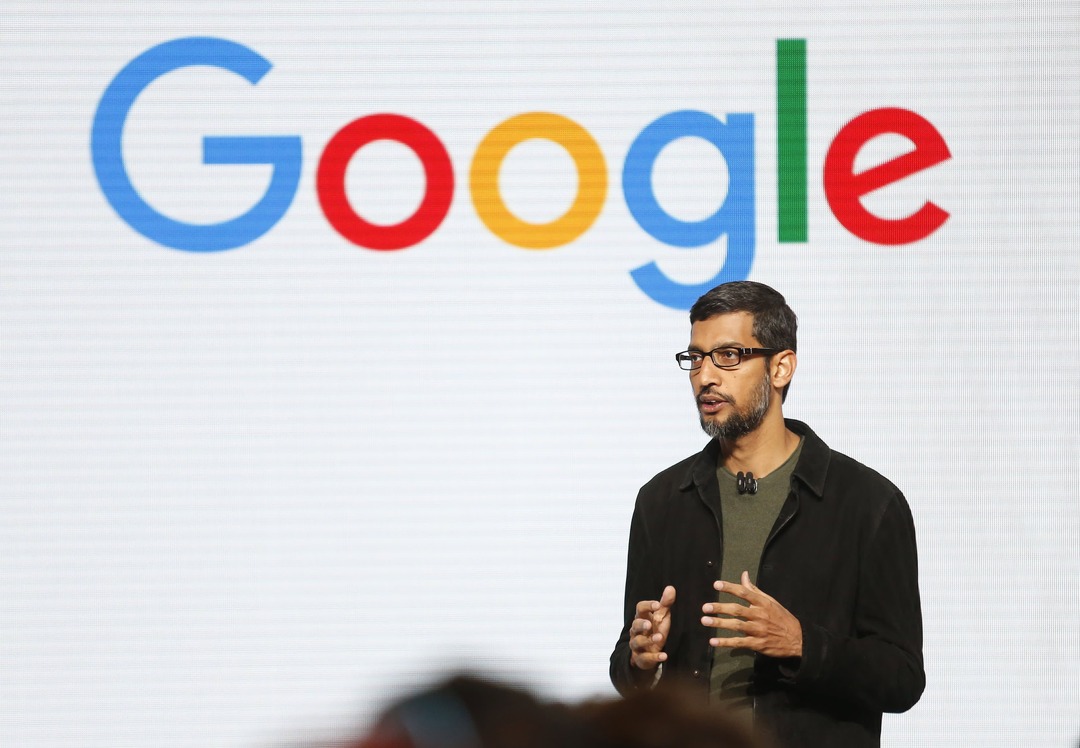Despite being in the test-only preview phase, OpenAI’s latest ChatGPT has caused Google’s administration to announce it a “code red.” The business may be coming to a point of technological change that could upend the company— a worry common in Silicon Valley and all things technology.
It has only been 3 weeks ever since ChatGPT was made general, but according to The New York Times, the bot, despite sometimes developing toxic and false statements could reinvent or perhaps, even substitute traditional search engines, and has pushed Google’s hand to come up with an opposition to face the “first serious menace to its main search industry.”
As per The New York Times, Google Declares ChatGPT CEO Sundar Pichai has conducted a sequel of meetings to harden the company’s artificial intelligence strategy in reaction to the perceived menace posed by ChatGPT, resulting in differences within the organization. Moreover, workers have been asked to design competitions to technologies like DALL-E.
It must be mentioned that Google already has a functional chatbot that could rival ChatGPT — LaMDA, or Language Model for Dialogue Apps. In truth, the technology that creates the ‘heart’ of ChatGPT was created by Google researchers. Google Declares ChatGPT achieved significant engagement when Blake Lemoine, a Google engineer claimed it was aware, although this was later discovered to be false.
Google’s new trial, despite seeming simple on the surface, has sources much more in-depth than one may expect because even if Google enhances chatbot technology, it must also consider the potential effect on its search ad income. This is due to the point that if chatbots are capable to provide concise replies to user questions, there may be minor incentives for users to tap on advertising links. Amr Awadallah, a former employee of Yahoo and Google who now runs a business called Vectara that is designing similar technology, declared Google has a company model issue. If they deliver an excellent answer to every query, users won’t tap on any ads.
The New York Times notes that many professionals believe that Google will take an approach that’s more ‘incremental,’ instead of one that functions as a total ‘overhaul.’ And, because of the chance of developing inaccurate, dangerous, and biased information, Google has been careful to extensively spread its technologies, such as LaMDA. LaMDA is now just available to a special number of individuals through an experimental application called AI Test Kitchen.
Google isn’t the only organization in the trillion-dollar club to have encountered such an issue. Other institutions have faced parallel issues. In 2015, Microsoft put a chatbot called Tay was fast removed from the internet due to its racist and xenophobic language. More new, Meta also brought down a chatbot for parallel reasons.
Read This: IPhone 14 horizontal lines upon waking? It’s not a hardware defect, says Apple

Tom is the expert behind TechToday19.com, leveraging over a decade of experience in the tech industry. With a Bachelor’s degree in Computer Science and numerous certifications in emerging technologies, Tom provides readers with in-depth, reliable insights into the latest tech trends and innovations. His extensive background ensures that every article on TechToday19.com is grounded in expert knowledge and thorough research.
Tom’s influence extends beyond the website, with a robust following of 236K on Instagram. Stay connected for the latest tech updates and exclusive content by following him on Instagram.

